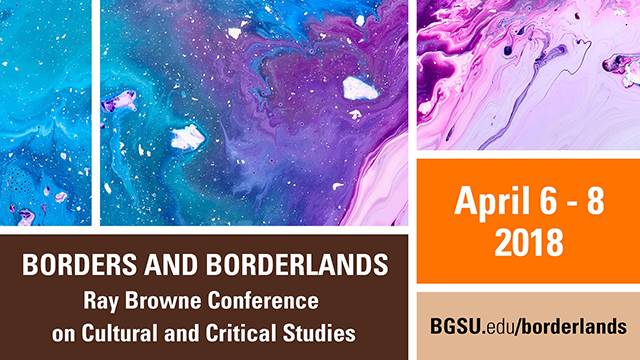
Concurrent Panel Session Three
"Let Them Fight": An Evolutionary Perspective on Kaiju Films
Start Date
6-4-2018 3:00 PM
End Date
6-4-2018 3:50 PM
Abstract
Monster narratives have been anthropocentric from their inception. Even the dominant modern version of monster narratives, kaiju films, positioned the human as the hero. However, beginning in the 1960s, kaiju films shifted away from an anthropocentric model. Instead of a human hero that defeats the monster, kaiju films moved towards having another monster cast as the hero. Under the current knowledge of evolutionary literary and film studies, the presence of a kaiju, an entity usually derived from ancestral fears (predators, pathogens, and natural disasters) is vexing. This study seeks to establish a biocultural explanation for the presence of monster heroes in the kaiju film. It integrates traditional literary studies, evolutionary psychology, and cognitive psychology to seek out why audiences are willing to identify with a kaiju, a monster usually based on ancestral human predators. This study will also pay attention to the cultural differences between the American and Japanese kaiju narratives, and show how cultural beliefs dictated how the monster-as-hero trope appeared and how it affects culture.
"Let Them Fight": An Evolutionary Perspective on Kaiju Films
Monster narratives have been anthropocentric from their inception. Even the dominant modern version of monster narratives, kaiju films, positioned the human as the hero. However, beginning in the 1960s, kaiju films shifted away from an anthropocentric model. Instead of a human hero that defeats the monster, kaiju films moved towards having another monster cast as the hero. Under the current knowledge of evolutionary literary and film studies, the presence of a kaiju, an entity usually derived from ancestral fears (predators, pathogens, and natural disasters) is vexing. This study seeks to establish a biocultural explanation for the presence of monster heroes in the kaiju film. It integrates traditional literary studies, evolutionary psychology, and cognitive psychology to seek out why audiences are willing to identify with a kaiju, a monster usually based on ancestral human predators. This study will also pay attention to the cultural differences between the American and Japanese kaiju narratives, and show how cultural beliefs dictated how the monster-as-hero trope appeared and how it affects culture.

